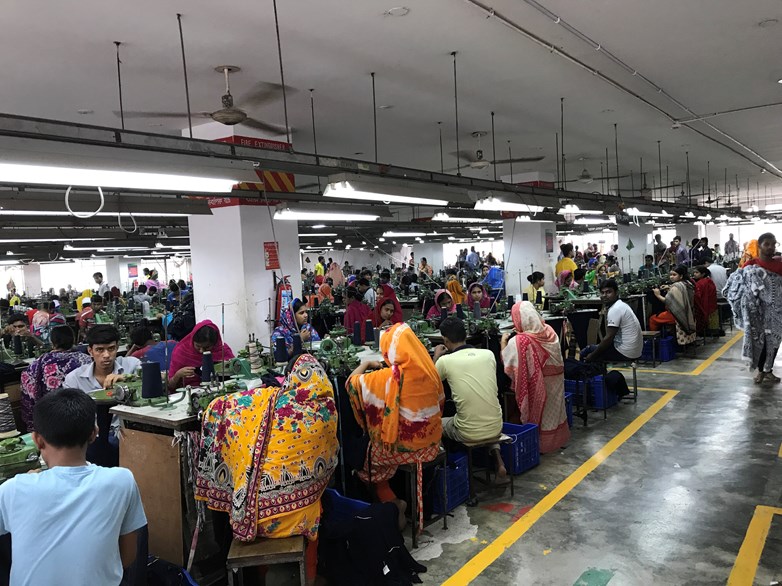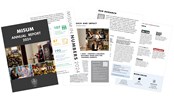Managing diversity through transgender inclusion in the Bangladeshi apparel industry
Transgender individuals face high levels of discrimination in organizations worldwide, often contending with social marginalization and bullying from co-workers. Discrimination is also identified as stemming from top managers' lack of understanding and poor support. Encouraged by recent waves of antidiscrimination laws, diversity management, scholars are starting to suggest organizational practices to facilitate transgender inclusion.
The author investigates the implementation of the first CSR initiative to manage diversity through transgender inclusion collaboratively in Bangladesh. This initiative was conducted by a large apparel company (JeansFashion) in partnership with a civil society organization specializing in gender diversity (Shanti) and a development agency (HelpNow). As an engine of the Bangladeshi economy, the apparel industry provides employment opportunities for millions while also being a preferred working destination for many transgender individuals. The ”Hijra” transgender community in Bangladesh were acknowledged by the government in 2013 as third gender individuals, yet remain extremely marginalized and struggle to retain jobs.
This research finds that Bangladeshi transgender people suffer from internal intimidation from gurus or community leaders as well as from direct and indirect workplace harassment from colleagues. Fontanta presents identifying a typology of collaborative practices and their barriers to facilitate inclusion based on dialogue with gurus, the police, imams, and workers. Additionally outlining the organizational valence in developing countries of ensuring participation of civil society organizations and development agencies in motivating and promoting the diversity management efforts of companies.




